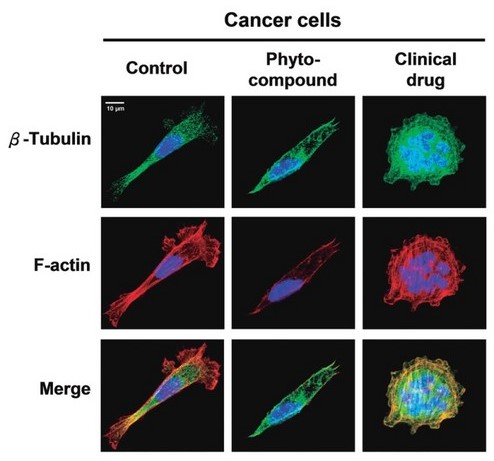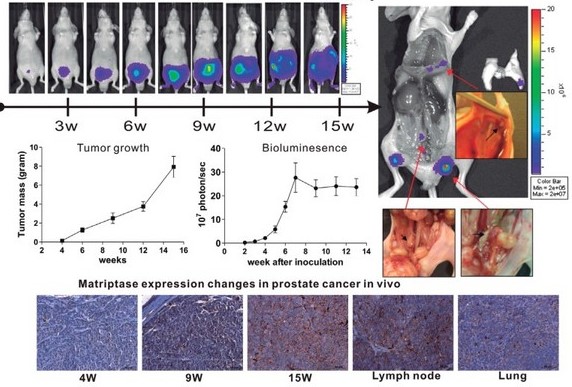Herbal Medicine Research
Herbal medicine has a long tradition in all cultures, and recent research has begun to prove some of the potential benefits of using herbs. Whereas most modern medicine has unwelcome side effects, herbs can provide a gentle, yet powerful, solution to a wide range of unmet medical needs. Modern research on herbal medicine has become very important at scientific, socioeconomic, and bio-agricultural levels. The Herbal Medicine Research (HMR) group at ABRC is dedicated to the evaluation, verification, and characterization of specific anti-cancer or immuno-modulation bioactivities produced by medicinal plants, including Bidens pilosa, Wedelia chinensis, Lithospermum erythrorhizon, Crassocephalum rabens, Echinacea purpurea, Dioscorea batatas, Anoectochilus formosanus, and others. We have established various in vitro, ex vivo and in vivo biological and experimental animal systems relevant to various inflammatory diseases, to evaluate the effects of plant extracts, defined active fractions, and phytocompounds to investigate potential medical applications or benefit to human health. For example, we have established immune cell-based in vivo and in vitro assay systems, reporter gene assays driven by different promoters (e.g., prostate-specific antigen promoter, COX- 2 promoter, TNF-α promoter), as well as animal models for autoimmune disorders, colitis, sepsis-induced organ injury, chemical or drug-induced hepatitis, prostate cancer, breast cancer, and melanoma. The mid- and long-term plans of this research program include:
(1) to establish standards of good agricultural practice (GAP) for cultivation of medicinal plants;
(2) to develop technologies for bio-transformation and metabolic engineering of important bioactive compounds in target medicinal plants, aimed at improving agricultural traits, quality and quantity of plants or plant products for nutritional and medical purposes;
(3) to study bioactivity of various Taiwan-grown or indigenous medicinal plants that target inflammatory process, tumor growth and metastasis, therefore can enhance cancer therapeutic efficacy, ameliorate the associated adverse effects, modulate immune or inflammatory disorders, and enhance vaccine effect;
(4) to develop integrated omics-technologies of genomics, transcriptomics, and metabolomics for deciphering the biosynthetic pathway(s) of specific bioactive phytocompounds in planta, and to pursue a long-term goal of mass- production of important phytocompounds for future industrial or medical application as plant-derived agent or drug;
(5) to develop emerging technology of imaging mass spectrometry (IMS) for visualization of the interaction or cross-talk of secondary metabolites across animal, plant, insect, or microbial species and addressing important problems related to agriculture or diseases.



